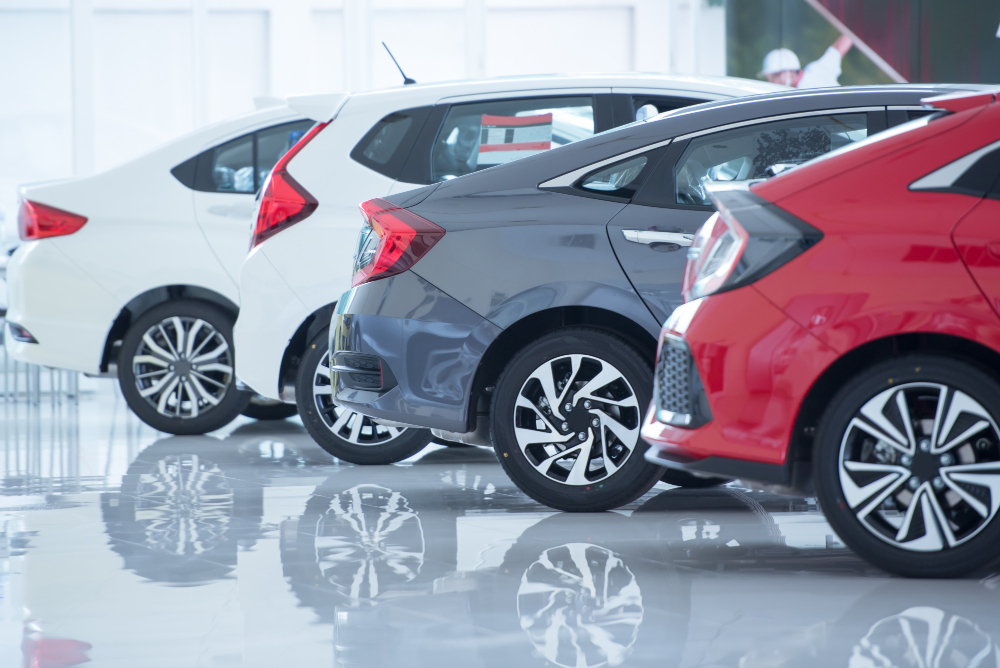Cars With Outstanding Finance: What You Should Know

Buying a car can be exciting, but it comes with its own challenges, especially when purchasing a used vehicle. One of these challenges is if a car has outstanding finance, so understanding what this means and what to do is crucial.
This blog explores outstanding finance, providing clarity for new car owners, young drivers, and those hoping to purchase a used vehicle.
Learn how to find out if a car is on finance, what steps to take if it is, and essential pre-purchase checks you should make.
What Does It Mean If A Car Has Outstanding Finance?
Discovering that a car has outstanding finance means that the previous owner hasn’t completed their payments for the vehicle. Until the debt is fully settled, the car technically belongs to the finance company. Some sellers, however, might attempt to sell the car without revealing this vital detail.
You could face various consequences if you unknowingly purchase a vehicle with outstanding finance. The most significant risk is the possibility of the car being repossessed by the finance company, leaving you without a vehicle.
Additionally, there may be legal implications due to the unresolved financial obligations on the car.
It’s vital to learn how to identify if a vehicle has outstanding finance before purchasing to avoid these complications.
How Can I Find Out If a Car Has Outstanding Finance?
Knowing how to check if a car is on finance is crucial when buying a car. Fortunately, it’s easier than you might think.
Utilise an outstanding finance check, available online, to verify the financial status of the vehicle you’re interested in. These tools reveal outstanding finance and provide essential insights into the car’s history, including its tax and MOT status and accident records.
While some dealerships conduct finance checks, it’s highly recommended that buyers perform their own. Relying on your research ensures a comprehensive understanding of the vehicle’s background, reducing the risk of purchasing a car with outstanding finance or other hidden issues.
You can also use an online car checker when selling a used car to help you understand important data, such as its ownership history and valuation.
What Should I Do If a Car Has Outstanding Finance?
Before Buying a Car With Outstanding Finance
Purchasing a car with outstanding finance can lead to numerous problems, but there are steps you can take to protect yourself.
Initially, contact the listed finance company to confirm the payment status. If money is owed, politely ask the owner to settle the account before the sale.
You must not buy the vehicle if the owner refuses to clear the debt. Doing so could leave you legally and financially vulnerable.
After Buying a Car With Outstanding Finance
If you have a vehicle with outstanding finance, convincing the finance company that you were unaware of this can be difficult. In such cases, you risk having the car repossessed, causing substantial financial loss and emotional distress.
Why Prevention is Key
Prevention is unquestionably beneficial, given the potential complications in purchasing a car with outstanding finance. Conducting a comprehensive finance check before purchasing is a great way to do this.
By investing a small amount of time and effort upfront, you can prevent financial losses in the future.
Utilise Online Tools and Services
As mentioned above, online resources provide insights into a car’s background, including a car tax check, MOT status, accident history, and, of course, outstanding finance. These tools allow you to make informed decisions and avoid buying a car with money still owed.
If you need help purchasing a car, Reg Car Check can assist with multiple free checks and online services, including guidance on negotiation strategies when buying or selling a car.






